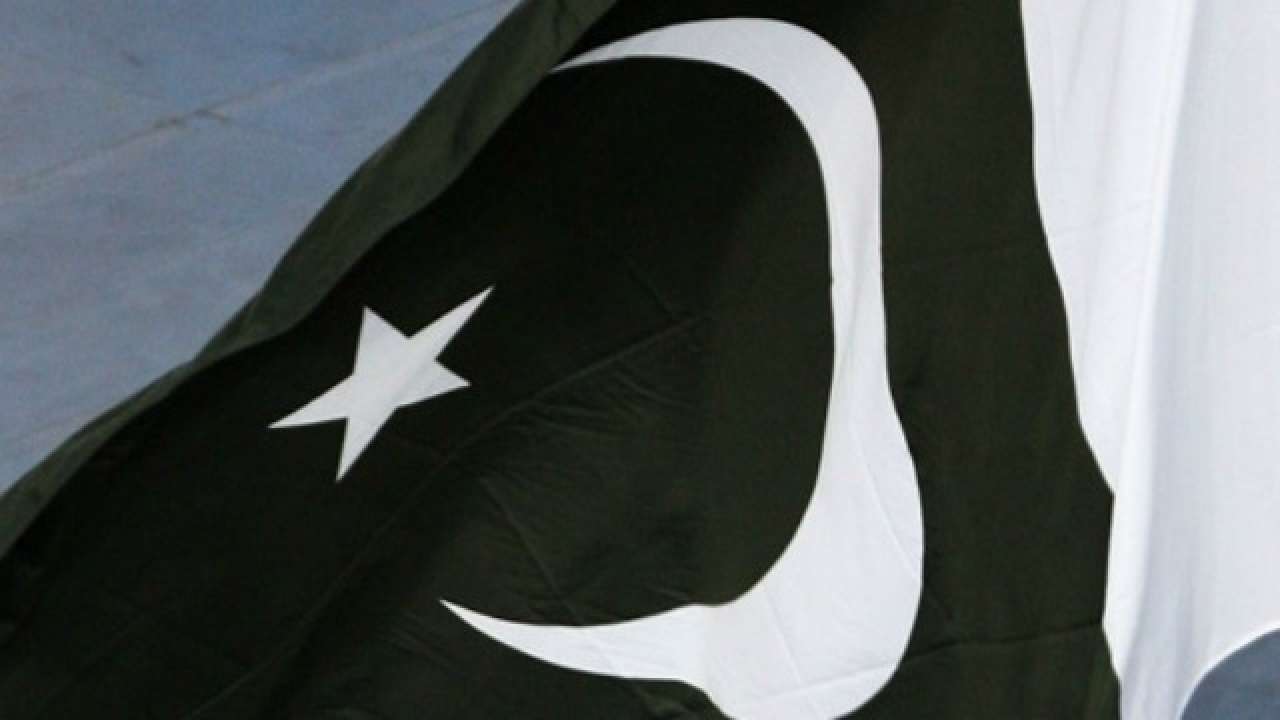
- Select a language for the TTS:
- UK English Female
- UK English Male
- US English Female
- US English Male
- Australian Female
- Australian Male
- Language selected: (auto detect) - EN
Play all audios:
When Kurt Bevacqua of the Padres, explaining why he didn’t need Tom Lasorda’s limousine anymore, said he had driven to San Diego’s Jack Murphy Stadium in an ’84 Rolls-Royce, it turns out he
wasn’t kidding. Bevacqua had gotten a lift to the ballpark from Dennis Gilbert, his Beverly Hills-based agent. That’s just one of the perks Bevacqua has earned as the Padres’ pinch-hitter
extraordinaire, although he said his life hasn’t changed measurably since his game-winning home run in Game 2 of the World Series, after which he blew kisses while circling the bases. “I’m
more recognized by people, but I haven’t capitalized on it monetarily. It’s not like winning a major golf tournament,” said Bevacqua, 37, who has played for six big-league teams since
breaking in with the Cleveland Indians in 1971. He has had two terms each with three teams--Kansas City, Pittsburgh and the Padres. In the last three seasons, Bevacqua has a .300 batting
average--30 for 90--as a pinch-hitter. His .412 average in the World Series, which included two home runs, led the Padres. “If the possibility (of cashing in) was there, I didn’t go after
it,” he said. He has, however, become publisher of Baseball Gold, a newspaper he operates with a friend, Fred Rodgers, in the San Diego area. “When I first started the newspaper, I looked it
up in the dictionary,” Bevacqua said. “It sure didn’t have my picture there.” But now, he says, the paper has a circulation of 40,000. Although Bevacqua may not yet rival teammate Steve
Garvey in popularity, San Diego radio stations are playing a country-western record that Bevacqua cut with a local artist for charity. “I don’t think any major recording artists are in
danger of losing their jobs,” Bevacqua said. “The only thing I did right was stay on key.” A sample of the lyrics: _ “Well I love to dance around those bases,_ _watch the looks on all the
faces._ _When I put one in the seats, I get a case of happy feet._ _Well, you can call me Dirty Kurt, and that won’t make my feelings hurt_ , _ But when I park one back 10 rows, I wish you’d
call me Twinkletoes.”_ Don’t look for it on the Billboard top 100. They’ll love the hit and run: The State Dept. has announced plans to send former big-leaguers Jose Cardenal and Minnie
Minoso on a good-will tour of Central America. According to Alfred Smith of the U.S. Information Agency, they would like Cardenal to make his first stop in Managua, Nicaragua. “There’s
nothing about politics in this,” Cardenal said. “I’m going down there to teach kids about the game, and help their coaches to coach better.” Tough neighborhood: Giants’ shortstop Johnnie
LeMaster, who lost his job to Jose Uribe this spring, met again this week with San Francisco General Manager Tom Haller in an effort to get traded. LeMaster said he developed his desire for
a change of address very early--after his very first at-bat in Candlestick Park his rookie season. Don Sutton, then of the Dodgers, struck him out on three curveballs, and as LeMaster was
walking back to the dugout, he says a fan yelled at him: “Why don’t you go back to the minor leagues where you belong?” Losing his job to rookie Uribe was the _ coup de grace._ “I’ve done
everything I can to get traded out of here,” said LeMaster, owner of a .226 lifetime batting average. “They told me during spring training it was my job to lose, but I guess it only took
three games to lose it.” Blue-chip investments: Said Cub pitcher Dennis Eckersley, after throwing shutouts in consecutive starts, “We’re making a lot of money. We better be good.” Eckersley
is making $800,000 a year. The rest of the Cubs’ rotation and their ’85 salaries: Rick Sutcliffe, $1.9 million; Steve Trout, $900,000, and Scott Sanderson, $600,000. The marvel of Murphy:
Even though he already has been named the league’s most valuable player twice, Atlanta’s Dale Murphy--the league leader in average, home runs and RBIs in an awesome April--is just reaching
his peak at age 29, according to Henry Aaron, baseball’s home run king. “I think my peak years came when I was 28 or 29,” Aaron told Gerry Fraley of the Atlanta Journal and Constitution.
“They should be the peak years. My knowledge of baseball, the things I know best, had improved then. It depends on the player, but in Murphy’s case I would say (his peak is now). “It’s
because he’s kept himself in such great condition. He’s like a Cadillac. He’s streamlined. He knows now what he can and can’t do and what it takes.” MORE TO READ







